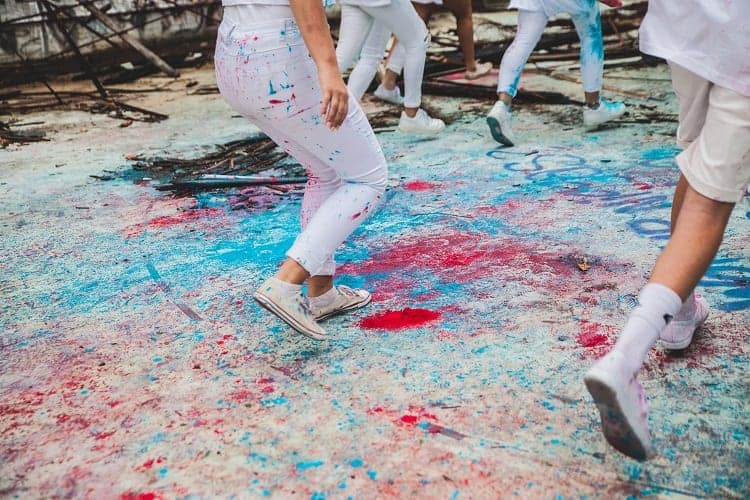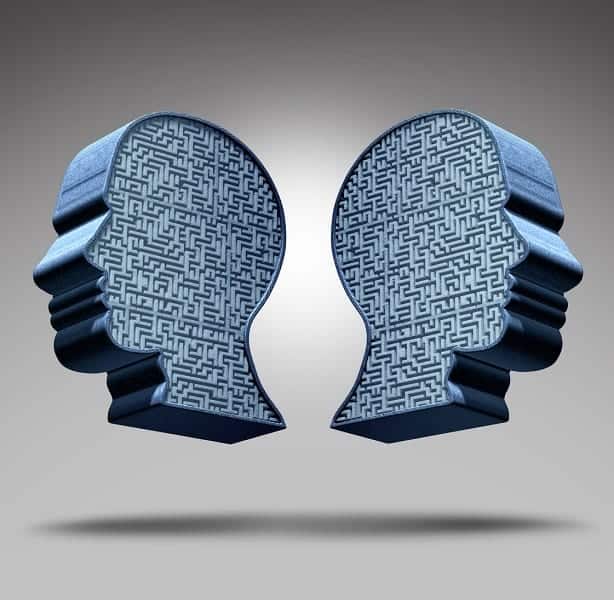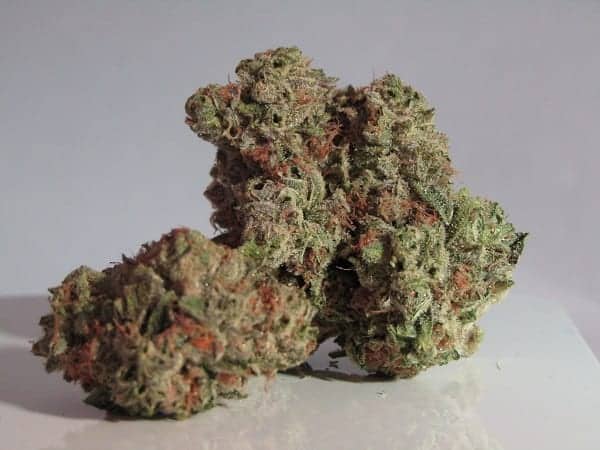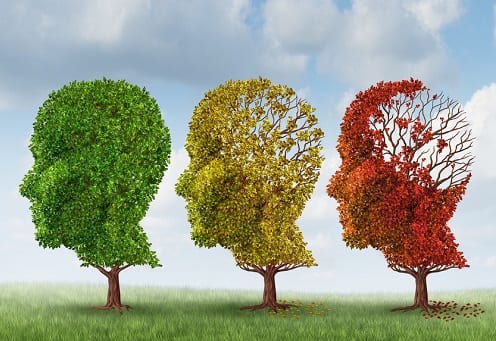If you look up recreational drugs meaning, you’ll find that it’s a myriad of drugs that alters a person’s state of mind. These drugs are also known as psychoactive drugs. They change a person’s emotions, perceptions, and feelings. As the recreational drugs list is so vast, there isn’t one type of risk that is common. It is safe to say that they all come with their set of dangers. The scale in which recreational drug abuse affects communities can’t be measured.  Recreational drugs include cocaine, marijuana, or meth that are not used for medical reasons. They aren’t believed to be habit-forming or addictive if used occasionally. Generally, recreational drug use is a somewhat acceptable social behavior. It’s not considered to be a serious condition like self-medication or addiction. The problem arises when users do take recreational drugs regularly or use too much at one time. Youth are likely to dabble with recreational drugs due to peer pressure or curiosity. It’s when people use constantly that major problems and risks can occur.
Recreational drugs include cocaine, marijuana, or meth that are not used for medical reasons. They aren’t believed to be habit-forming or addictive if used occasionally. Generally, recreational drug use is a somewhat acceptable social behavior. It’s not considered to be a serious condition like self-medication or addiction. The problem arises when users do take recreational drugs regularly or use too much at one time. Youth are likely to dabble with recreational drugs due to peer pressure or curiosity. It’s when people use constantly that major problems and risks can occur.
Common Reasons People Use Recreational Drugs
Research has shown that people use recreational drugs for personal gratification with the notion that it gives them great pleasure. Especially in youth, it’s a normal desire to want to experiment in something that changes perception. Once psychoactive drugs have been used casually, they may be used to get rid of tension or relieve boredom. College kids that are juggling study and social life may use recreational drugs to liven up for a night of partying. It may be that someone is looking to escape their reality. Recreational drug use may numb the user from painful experiences in their life. This is where co-occurrence disorder can manifest. The user becomes addicted to a substance that makes them feel better about their problems. The reasons for using recreational drugs may seem harmless but each type of drug comes with their own risks. Continued use can lead to tolerance and addiction to some of the drugs. This can include physical or psychological dependence. Withdrawal symptoms may occur, making it challenging to abstain. 
What are Psychoactive Drugs Exactly?
There are over 200 million people abusing psychoactive drugs on a worldwide scale. They are chemical substances that influence the central nervous system. They may be legal or illicit drugs. This leads to a change in brain function which is why users experience changes in perceptions, consciousness, and behavior. Most psychoactive drugs activate dopamine receptors, this is the reward pathway of the brain. Psychoactive drugs are the category of substances that cause mood altering states and a change in perception. These drugs can create hallucination, a sense of relaxation, or a jolt of energy. There are three psychoactive drug categories; Depressants – These drugs will slow down a person’s mental and physical activity. Substances include alcohol, tranquilizers, and barbiturates. Stimulants – Increase the activity of the central nervous system. Substances include amphetamines, cocaine, ecstasy, and caffeine. Hallucinogens – Change the normal way of perceiving something. They can produce bazaar visual images also. Marijuana and LSD are the main hallucinogens people use recreationally. Some of the drugs are legal and even coffee is among the substances included. Entheogens are used for spiritual reasons such as peyote or ayahuasca tea. Prescription drugs are also psychoactive drugs that can be abused and addictive. They can become abused recreationally.
The Recreational Drugs List
Recreational drugs fall into three categories which include depressants, stimulants, and psychedelic drugs. The list consists of illegal drugs and legal substances alike. It is equally as possible to recreationally abuse a legal substance like alcohol as it is to abuse illicit drugs. Recreational drug use can be dangerous because all of these drugs can be mixed.
- NPS (New psychoactive substances) are the new trend in recreational drug use. They are referred to as designer drugs, legal highs, or research chemicals.
- Alcohol which includes beer, wine, and spirits.
- Marijuana and hash.
- Nicotine
- Caffeine
Popular Illegal Recreational Drugs
The most common illicit drugs used recreationally include;
- Methamphetamines – Meth is a stimulant that gives the user a lot of energy with no desire to eat food. It can be used to treat ADHD and as a weight loss tool for people with obesity.
- Heroin – Heroin belongs to the opioid family and is used recreationally for its euphoric effects.
- Cocaine – A strong stimulant that give users immediate short-term energy. When used recreationally, it can reduce the feeling of alcohol intoxication.
- Ecstasy (MDMA) – This recreational drug gives the user an increased sense of empathy and euphoria. Senses becomes heightened and the effects are often described as having a “love buzz.”
- LSD – An illicit psychedelic drug that causes hallucinations and a change in perception.
- Mescaline – A natural occurring psychedelic drug used for spiritual ceremonies. It can be found in the Peyote cactus and is an intense mind altering high.
- GHB Gamma-These are drugs that are used as a CNS depressant for insomnia patients. They are also used in general anesthetic.
- PCP – A dissociative agent that was once used as an anaesthetic for humans and then animals. Known as angel dust, it can cause extreme hallucination and violence in the user.
- Ketamine – A dissociative anaesthetic agent. Popular for human and veterinary use as an anesthetic agent. It can cause hallucination and impair sense of sight and time.

Recreational Drugs Forum
Recreational drug forums tend to openly discuss topics of drug use and misuse. The most popular topics that are talked about include;
- Alcohol
- Amphetamines
- Cocaine
- Heroin
- GHB
- Ketamine
- Psychedelic drugs
- Drugs research
- Legal highs
Recreational drugs forum can be helpful for people who are curious about recreational use drug risk. They can also help people that are using to know how much is too much. Drug addiction and drug information is freely available to help people from harming themselves. As a drug addiction can make a person feel extremely isolated, it’s good to have these sites that can open up discussion. It alleviates the fear a recreational drug user has of being judged based on social stigma. This is why in some cases, a recreational drugs forum can save lives.
Risks of Recreational Drug Use
There are a multitude of risks when someone uses drugs recreationally. It depends on the kind of drug of course but common problems include;
- Addiction
- Possibility of drug overdose
- Mental health problems
- Co-occurrence disorder
Characteristics of Recreational Drug Use
It’s important to know if a person has jumped from recreational drug user to an addict. These are the characteristics of someone who is recreationally using;
- They use occasionally when it suits their needs but can say no when drugs are offered.
- They understand the potential problems that can arise from taking drugs recreationally.
- A recreational drug user will have good healthy relationships who wouldn’t normally use drugs much either. They wouldn’t choose those relationships over drugs.
- A recreational drug user doesn’t take drugs to numb themselves or attempt to be a better version of themselves.
- Drug use is not something that consumes their thoughts.
- When using drugs recreationally, they are conscious about the amount of money they’re spending.
Characteristics of Recreational Drug Use Becoming an Addiction
Recreationally using the drugs can lead to addiction. This is what the characteristics of a drug addict will look like;
- The recreational drug user may start to find any party they can attend as an excuse to “use drugs recreationally.” This will help them fall under the radar from the dependency they’re building.
- They may believe they are a better person when they’re using their drug of choice.
- They have a hard time saying no if drugs are offered to them.
- They build relationships with other users and are less interested in their healthy relationships.
- Their behavior will change and they’re more prone to arguing with people that they are normally harmonious with.
- They may start to choose recreational drug use over the things they used to care about. This can be masked as “choosing the party.”
- They begin to fixate on when and how they can become high again.

Recreational Drug Use Leading to Addiction
There are some drugs within the recreational drug use realm that are more likely to cause addiction than others. While it’s possible to become dependent on coffee, it isn’t comparable to the perils of heroin and cocaine addiction. Cocaine, heroin, and amphetamines can cause instant addiction. A person will actually go through withdrawal after trying cocaine just one time. This is why people may snort hundreds of dollars’ worth of cocaine up their nose. The user may stay up for days partying and using. Legalized substances that are used recreationally like alcohol and even your morning coffee are highly addictive too. It’s actually not even recommended that you withdraw from alcohol without medical help. The prescription pain killers that are given out mimic that of heroin and can easily be abused and addiction may occur.
Signs that Recreational Drug Use Has Become a Problem
Recreational drug abuse can quickly become problematic. Lives can be completely ruined and before a user knows it, negative behaviors have set in. Here are some common problems that come from occasional recreation drug use.
- The use of drugs will become more frequent. What may have begun as weekend use can become a daily occurrence. This gets in the way of responsibilities and people can lose their family, jobs, and homes.
- The person will begin to rely on the drug to fill emotional and physical needs. For example, depressants can calm a person. Not using the drug can create anxiety that makes it difficult to function.
- Drugs are the only thing that will satisfy the user. It is their means of feeling whole and having a good time. It becomes their only recreational activity.
Many high school and college students will experiment with drugs recreationally due to their peer setting. This is said to be a normal part of the process of growing up. It does have the potential of becoming a problem that won’t go away. Recreational drug use may not even lead to addiction but if a person continues to use regularly, they can suffer from health issues. For example, excessive drinking of alcohol can cause liver damage. Illegal drugs and legal prescription drugs can be equally abused recreationally. Heroin and opioid prescription pain killers are both found at parties within young adults. While recreational use of drugs can be a one time or occasional occurrence for some, others may be susceptible to abusing it. Genetics and family upbringing can have a lot to do with the direction a recreational drug user may go. It’s also a possibility that getting involved with the wrong group of people could cause long-term abuse and addiction. Recreational use can be associated with youth gang memberships which shows to increase crime.
